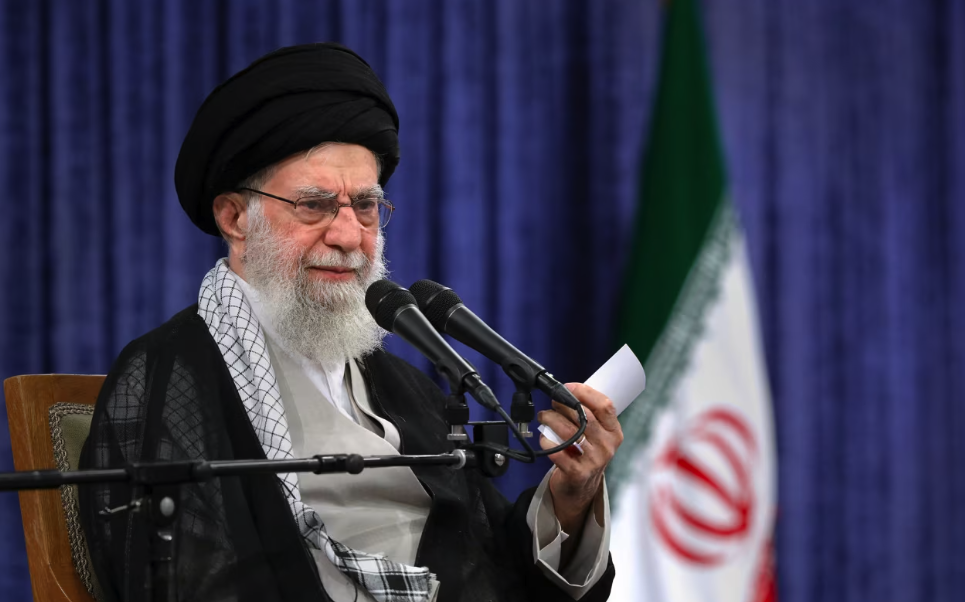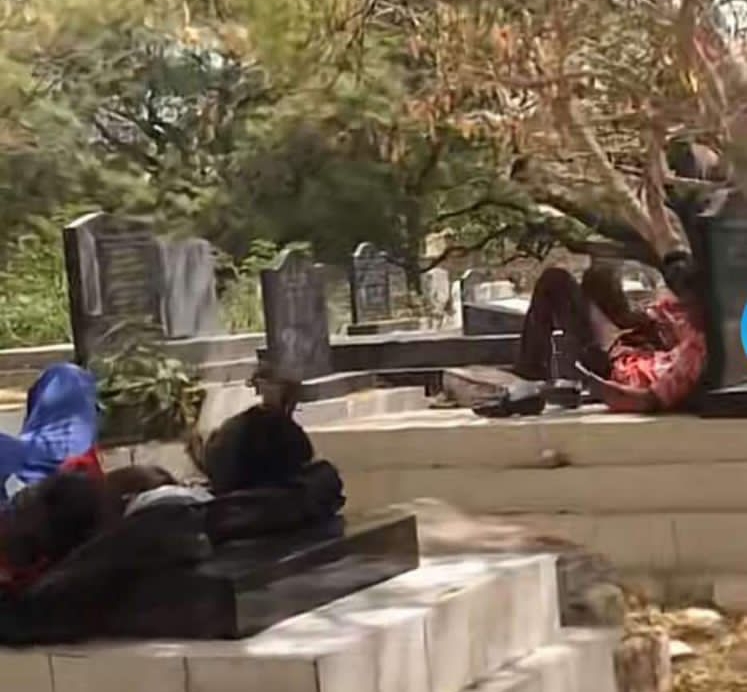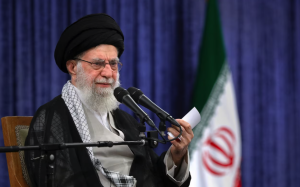Gambiaj.com – (BANJUL, The Gambia) – Campaigners supporting the practice of female genital mutilation (FGM) in The Gambia have filed a lawsuit against the Attorney General at the Supreme Court, seeking to overturn the ban on female circumcision. The practice, outlawed since 2015, remains deeply embedded in the cultural fabric of the country, leading to significant resistance against the law.
The National Assembly Member for Foñi Kansala, Almameh Gibba, alongside notable figures such as Yassin Fatty, Nano Jawla, Kadijatou Jallow, and several organizations including the Concerned Citizens, Islamic Enlightenment Society, Women’s Association for Islamic Solidarity, and Gambian Women Are Free to Choose, have spearheaded this legal challenge.
They argue that the ban on FGM is discriminatory against females, particularly Muslim women, and violates both the Gambian Constitution and international human rights instruments.
“The law banning female circumcision in The Gambia is inherently discriminatory against females, particularly Muslim women,” the plaintiffs stated in their lawsuit. “The said law contravenes several provisions of the Constitution and International Human Rights Instruments.”
The campaigners argue that the Attorney General, being the chief legal adviser to the government, is the appropriate defendant in this case. They trace the roots of the current law to a proclamation made by former president Yahya Jammeh in 2015, which was subsequently codified into law by amending the Women’s Act of 2010 to include Sections 32A and 32B of the Women’s Amendment Act 2015. This amendment criminalized the practice of FGM in The Gambia.
“The practice of female circumcision became criminal in The Gambia, thereby prohibiting women and girls from participating in gender-inclusive religious expression and cultural practices,” the plaintiffs added.
The lawsuit emphasizes the cultural and religious significance of FGM to many Gambians, arguing that the ban infringes on their rights to cultural and religious expression. The plaintiffs include three women from Kuntaur in the Central River Region who were convicted last year for engaging in FGM. They claim to possess substantial customary knowledge of the practice and believe the law unjustly penalizes them.
“We submit that our case has merits and it will be fair in the interest of justice that this court, being the beacon of last hope, enters judgment in our favour and declares the provisions of the Women’s Amendment Act 2015 as unconstitutional and of no effect whatsoever,” the plaintiffs concluded.
This legal battle marks a critical juncture in The Gambia’s ongoing struggle between traditional practices and modern legal frameworks aimed at protecting women’s rights and health.










